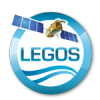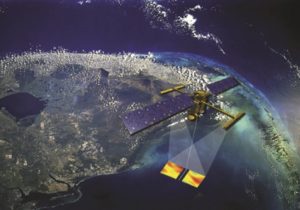Publisher: Direction – Updated on 31/03/2021
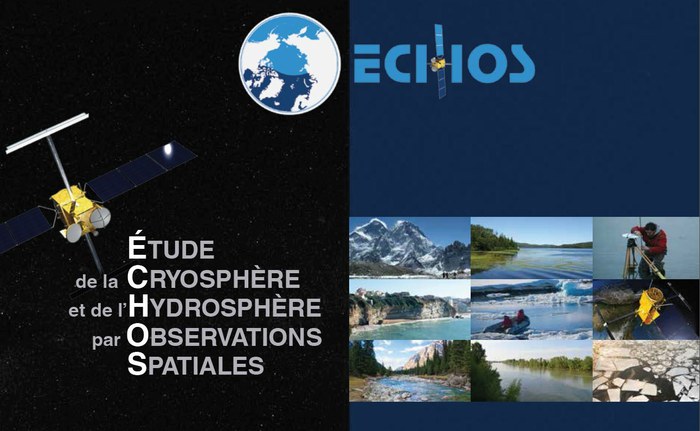
Scientific objectives
The ECHOS team studies the different components of the water cycle from regional to global scales, and how these interact with climate variability and anthropogenic pressure in the context of global change. The team focuses on two main themes: 1) mass variations of glaciers and polar ice caps and 2) large-scale continental hydrology and the continental water cycle.
More specifically, ECHOS addresses the following scientific questions:
- How do the different components of the continental hydrological cycle, in particular continental water stocks and fluxes, vary at different spatio-temporal scales, from daily to decadal, from regional to continental and at global scales?
- How are the terrestrial water cycle and water resources impacted by the combined effect of climate variability and anthropogenic pressure?
- What are the recent changes in the mass balance of glaciers and polar ice sheets and their link to climate variability and change?
- What is the impact of freshwater fluxes on the ocean, in terms of sea level and physical oceanography (salinity, temperature) across the continuum (in conjunction with the DynoTrop team)?
- Can we better characterise current and recent changes in the hydrological cycle and their possible links with extreme events, such as droughts, river floods and coastal floods (in connection with the ECOLA and Littoral team)?
Strategy & Tools
Space data is the DNA of the team. We exploit data from altimetry missions, optical (stereo) or microwave imagery and gravimetry. This importance of space data is underlined by various activities:
- Calibration/validation of radar altimetry data on large ice surfaces, lakes and rivers.
- Development and maintenance of HydroWEB, an operational service for observing lake and river levels using satellite radar altimetry.
- Scientific support for space missions such as SWOT (Surface Water and Ocean Topography, CNES/NASA/CSA/UKSA) or SMASH (Small Altimetry Satellites for Hydrology).
- The organisation and monitoring of image acquisition campaigns for the glaciological community such as SPIRIT (SPOT 5 stereoscopic survey of Polar Ice: Reference Images and Topographies) or PGO (Pléiades Glacier Observatory).
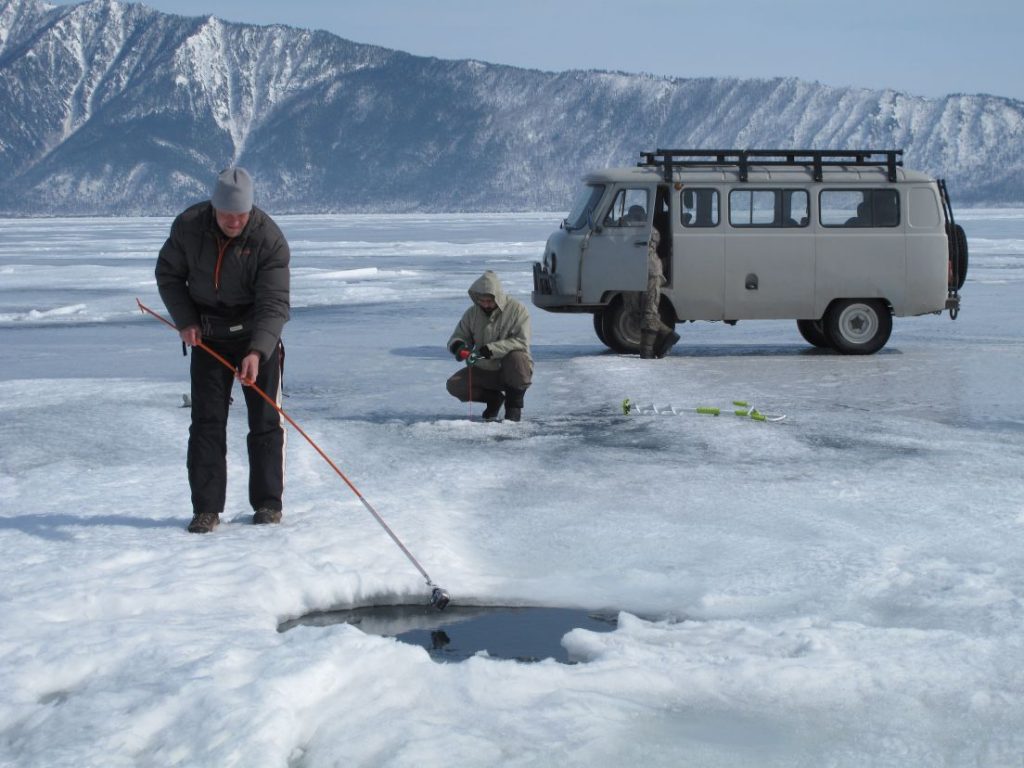
Projects
The team has developed collaborations in the North (USA, Canada, Europe, Russia, Central Asia…) and South (South America, Indian subcontinent, Vietnam, Congo, Chad, Niger…). ECHOS has team members on IRD assignment (Stéphane Calmant 2020- in French Guiana, Fabrice Papa, 2019-, Brazil) and most of its members are involved in the activities of the International Joint Laboratories in which LEGOS participates (OCE, CEFIRSE, LOTUS, TAPIOCA…) and in the International Research Grouping (called GDRI) ScaHyLab (Swot Calval for Hydrology Laboratory)
ECHOS members are involved in the organising committee of the “South America Water from Space” conference series (https://hydrologyfromspace.org/)
The team’s current projects relate to the following activities:
- ECHOS uses stereo imagery to better quantify glacier mass changes from regional (Alaska, Asia, Andes) to global scales in order to reduce uncertainties in their contribution (~20-30%) to current sea level rise.
- Over the Antarctic ice sheet, ECHOS estimates volumes changes and mass balances using altimetry and GRACE observations. The team also uses multi-satellite observations to characterise the properties of the snowpack and how they result from climate forcing.
- ECHOS quantifies continental water stocks and fluxes and their variations in lakes, rivers, floodplains, and groundwater using multi-satellite techniques to better characterise hydrological cycles, ‘water cycle-climate-human activity’ interactions and the continent-ocean continuum.
- ECHOS has been involved in setting up an observational framework for the vulnerability of deltaic regions in order to (1) quantify sea level rise and (2) monitor flooding dynamics using satellite observations and models to study extreme events (tidal surges, floods). The results are used in collaboration with the humanities and social sciences through transdisciplinary research projects addressing the vulnerability of coastal regions (Bangladesh, India, Vietnam and Brazil).
- ECHOS is actively participating and preparing for the launch of the SWOT satellite planned for 2022.
News
Composition
Permanent staff
| First name LAST NAME | Grade – Employer |
| Etienne BERTHIER | Team leader Senior Scientist – CNRS |
| Muriel BERGE-NGUYEN | Engineer – CNES |
| Sylvain BIANCAMARIA | Research Scientist – CNRS |
| Stéphane CALMANT | Director of Research – IRD |
| Jean-François CRETAUX | Engineer – CNES |
| Frédéric FRAPPART | Assistant Physicist – CNAP |
| Alexei KOURAEV | Lecturer – UPS |
| Fabrice PAPA | Director of Research – IRD |
| Frédérique REMY | Senior Scientist – CNRS |
All team members
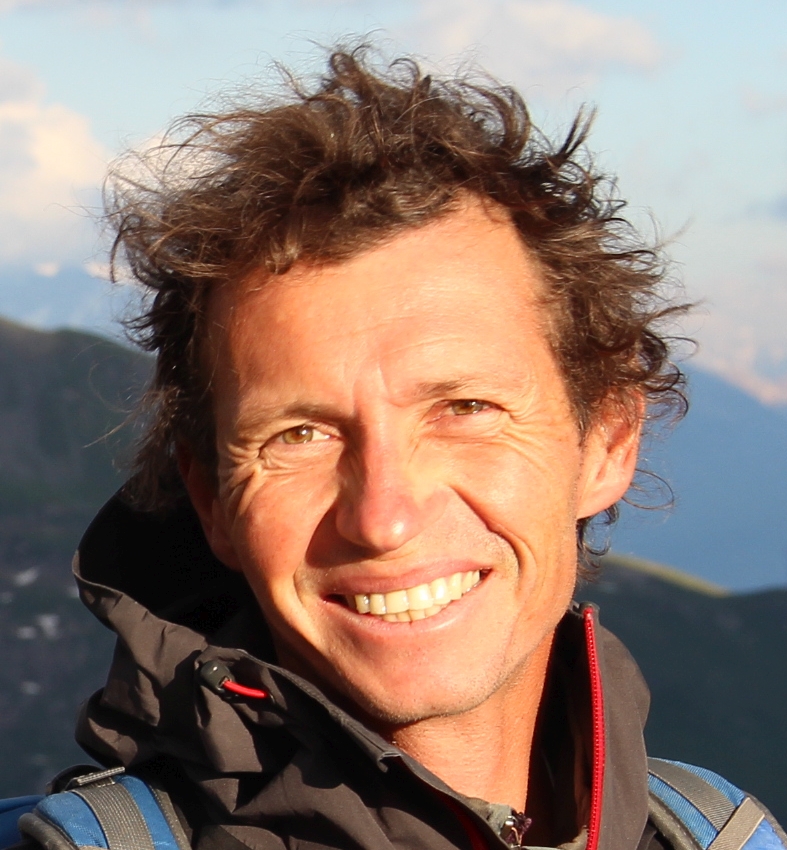
Berthier Etienne
Glaciologue
DR2 CNRS
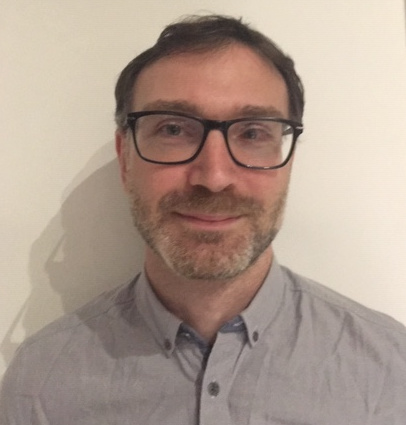
BIANCAMARIA Sylvain
Hydrologue
Chargé de Recherche CNRS
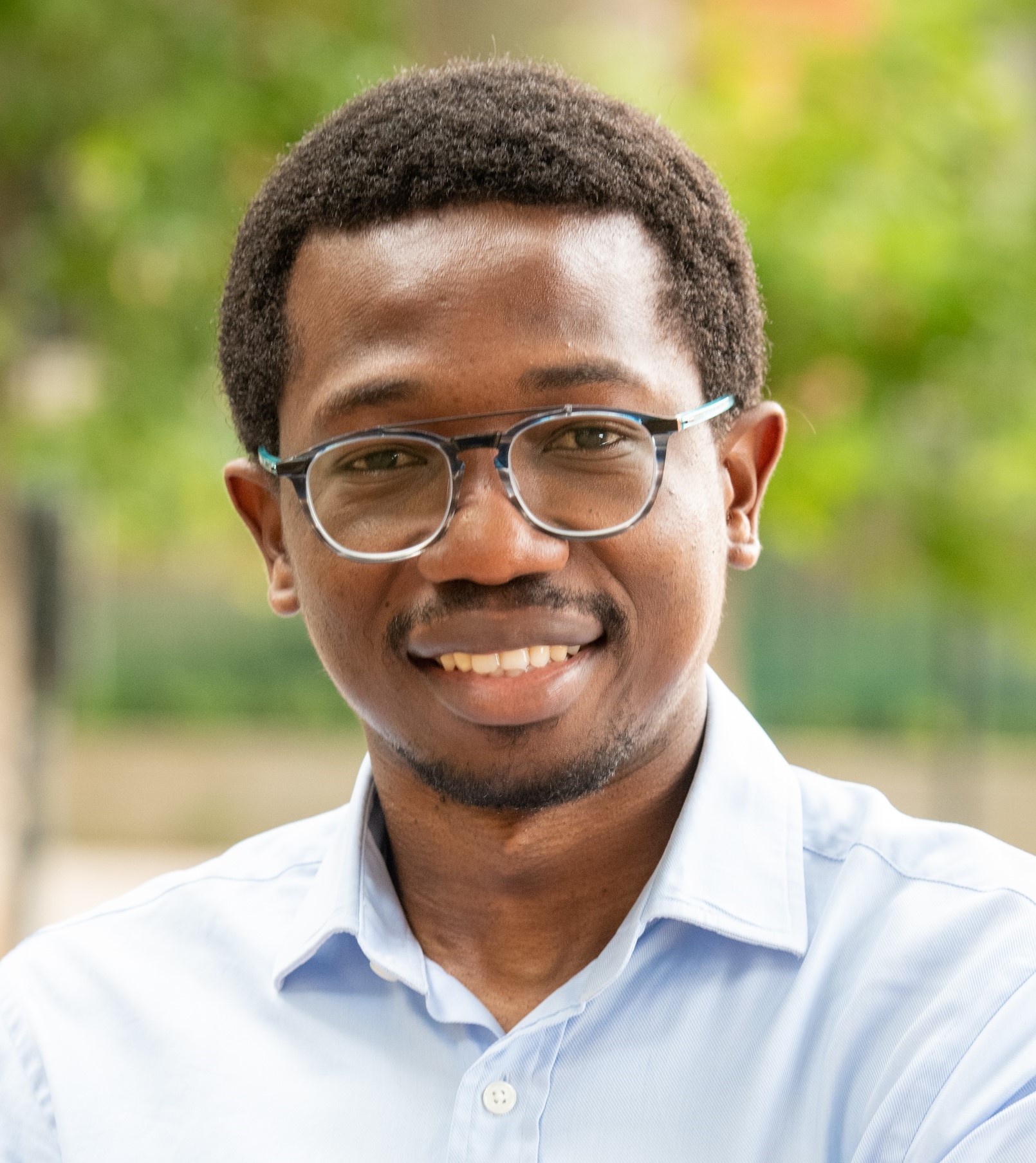
Kitambo Benjamin
Research Engineer
Researcher Centre National de la Recherche Scientifique (CNRS)
Lefebve Julien
CNES
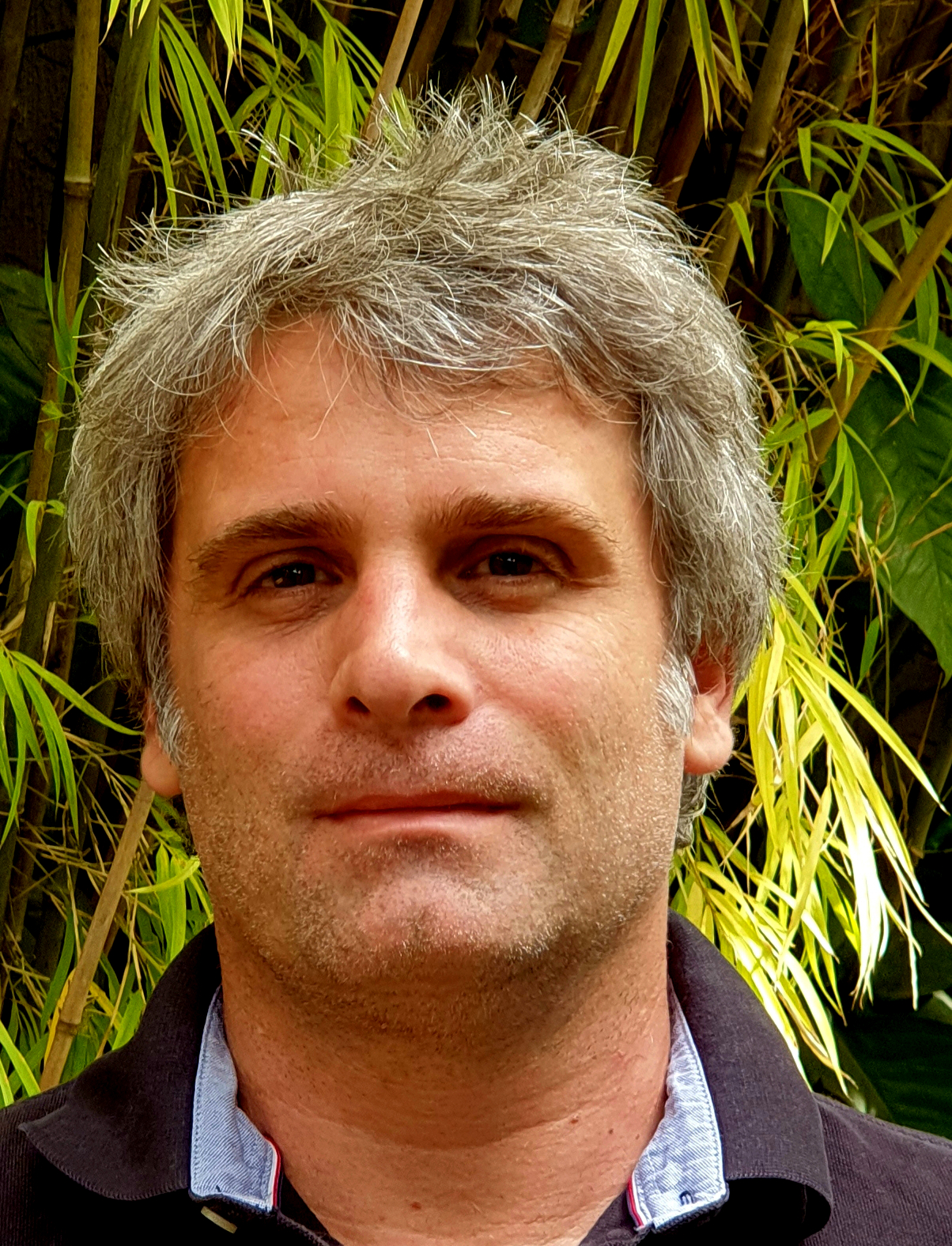
Papa Fabrice
Directeur de Recherche IRD, IRD Research Director
DR2 IRD
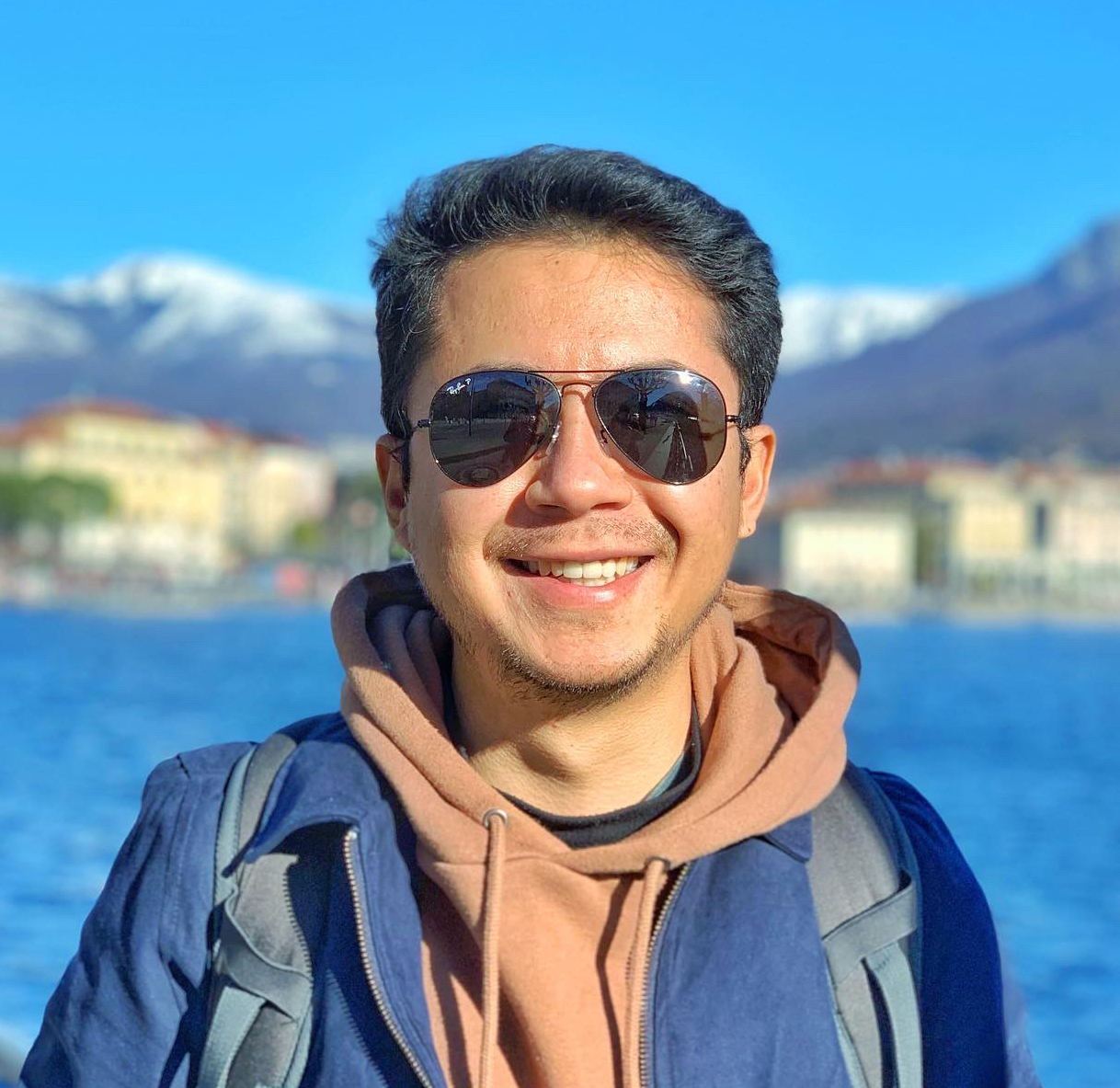
Wongchuig Sly
Postdoc researcher. LEGOS, CNRS
PhD
